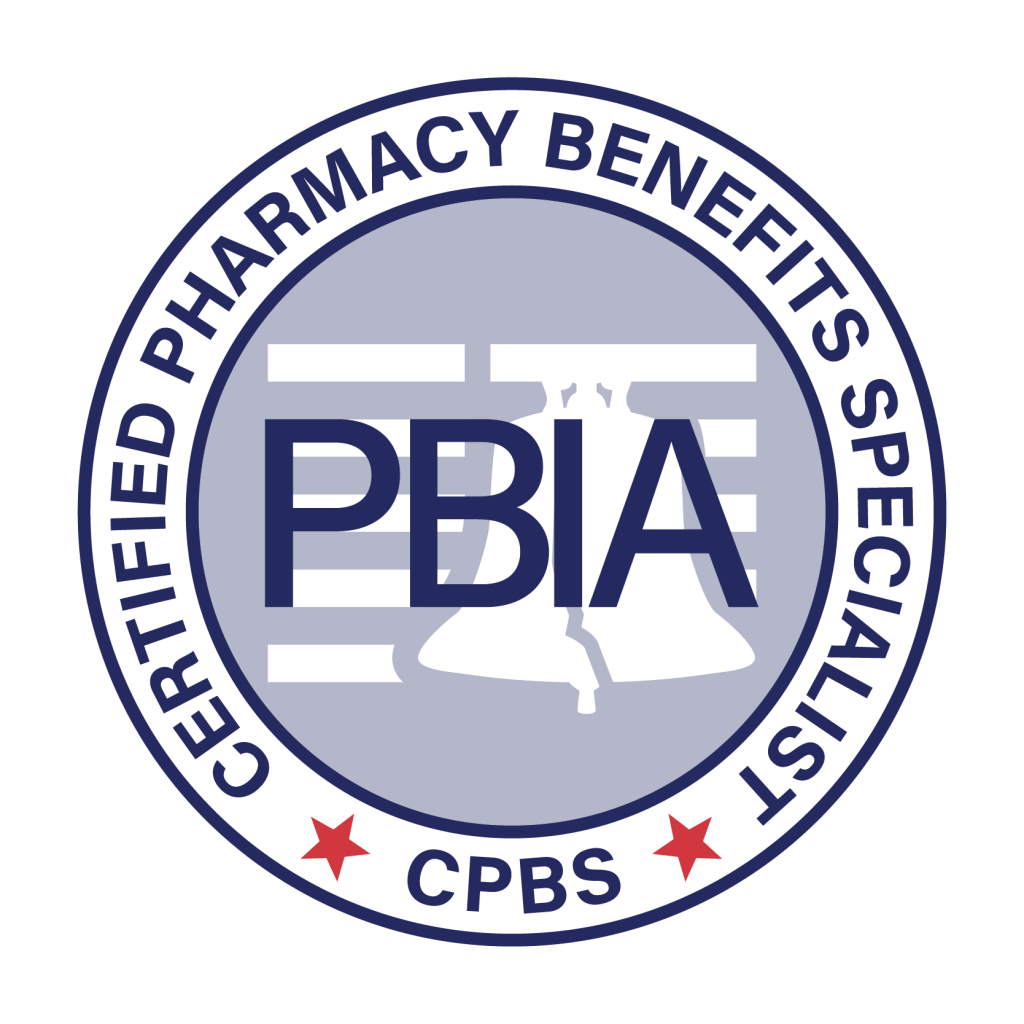A good pharmacy benefits consultant plays a vital role in guiding organizations through the complexities of pharmacy benefits management, aiming to optimize healthcare outcomes while controlling costs. Here are some key attributes and certifications that define a good pharmacy benefits consultant which are key to unlocking the value of pharmacy benefits:
- Expertise in Pharmacy Benefits Management (PBM): A deep understanding of how PBMs operate, including drug pricing, rebate management, benefit design, formulary, and utilization management, is crucial. This knowledge helps in negotiating contracts and ensuring that clients receive the best possible terms.
- Analytical Skills: The ability to analyze data effectively is essential. This includes interpreting drug utilization reports, identifying trends in prescription drug spending, and evaluating the financial impact of different pharmacy benefit strategies.
- Certifications: Relevant professional certifications can enhance a consultant’s credibility and expertise. Certifications such as the Certified Pharmacy Benefits Specialist (CPBS) or Certified Employee Benefit Specialist (CEBS) with a specialization in healthcare and benefits can demonstrate a consultant’s commitment to their profession and expertise in the field.
- Regulatory Knowledge: A thorough understanding of healthcare regulations, including the Affordable Care Act (ACA), Medicare, and Medicaid, as well as compliance issues related to pharmacy benefits, is important. This ensures that advice and strategies are compliant with current laws and regulations.
- Communication Skills: Effective communication and negotiation skills are vital. A good consultant must be able to explain complex pharmacy benefits concepts in understandable terms to clients and negotiate effectively with PBMs and drug manufacturers.
- Ethical Standards: High ethical standards and transparency are essential, particularly in areas such as rebate management and contract negotiations, to build trust with clients.
- Continuous Learning: The healthcare landscape, especially pharmacy benefits, is constantly changing. A good consultant stays updated with industry trends, new drugs, technologies, and regulatory changes to provide informed advice.
- Strategic Thinking: The ability to develop innovative and strategic solutions that align with the client’s healthcare goals and financial constraints is critical. This might involve designing custom formularies, implementing cost-saving measures, or leveraging technology to improve pharmacy benefits management.
In summary, a good pharmacy benefits consultant combines industry-specific knowledge and certifications with analytical, strategic, and communication skills, all underpinned by a commitment to ethical practice and continuous learning. These attributes enable them to play a critical role in unlocking the value of pharmacy benefits and delivering value to their clients, helping them to manage their pharmacy benefits effectively and efficiently.
